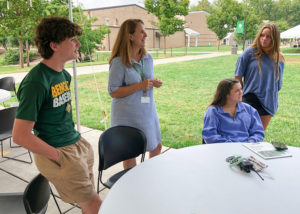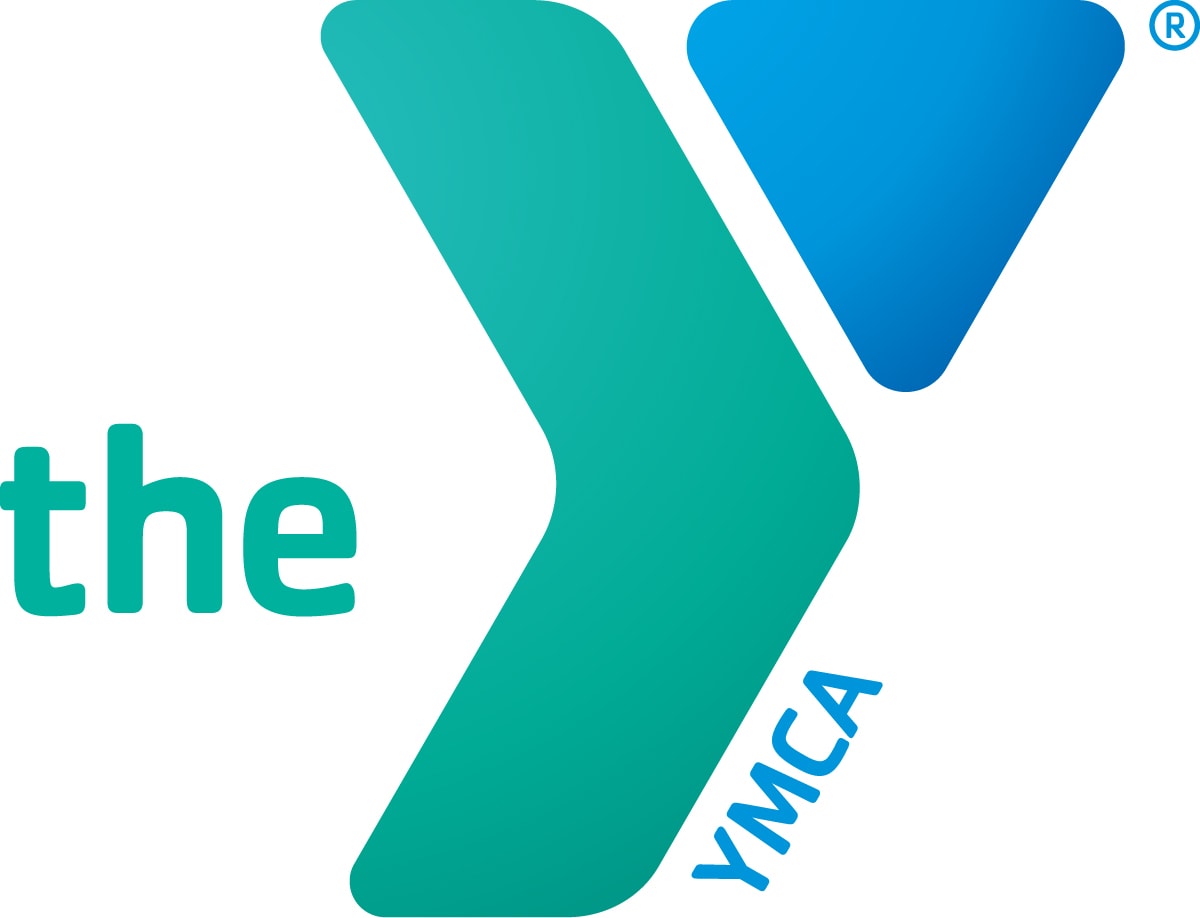By Guest Blogger Bridget Gwinnet, Upper School Counselor at Greensboro Day School
As the school counselor, I am often called in when teachers are concerned about students who appear to be alone, unengaged, and/or depressed. Parents reach out for help for their anxious kids when report card comments have a theme of low participation in classes. When I learn more about those children, I find that many of them are not depressed or anxious. They are introverts.
We’ve become increasingly aware of introversion as a personality trait, yet I am regularly reminded of our tendency to view the world through extroverted lenses, rewarding social and outgoing behaviors. Misconceptions about introversion can create barriers for kids that remove opportunities to show us just how much they can contribute.
In group situations, introverts tend to be more quiet and introspective; more skeptical and reserved. After navigating those situations, such as a party or a classroom discussion, introverts need time and space to gather their energies. This behavior can appear to extroverts as depressed, anxious, or weird. The truth is that introversion and extroversion are on a continuum, and most of us have a little bit of both traits. We just tend to lean more toward one.
As a parent of a school-aged child, there’s a lot you can do to advocate for your introvert. Most classrooms are set up with extroverts in mind, but educators can make simple adjustments to their routines that will support introverted students and benefit extroverted students as well.
Make sure your teacher knows your child
Underlying these fixes is the sense of belonging introverted students will feel when their teachers take the time to understand and get to know how to serve them best. If you receive feedback that your child is “not participating” or “reserved,” you may want to encourage their teacher to be even more intentional about building a relationship. If classroom expectations include participation in discussions or responding to posed questions, it will be very helpful to discuss ways to participate that allow for thinking time.
An introvert’s brain is easily stimulated, reacting to their environment. Introverts process their internal thoughts and feelings before responding to a question or prompt. Without time for that processing, an introvert will feel anxious. There are many ways teachers can promote participation that gives the extroverted students what they need: stimulation; and the introverted students what they need: structure and time.
Ask about alternative methods of participation
Some students are anxious about being called on to answer a question. They want to participate, but the anxiety of answering without time to think is overwhelming. Does your school allow for alternative ways for students to participate, such as an online discussion forum? For introverts, small groups can be easier than whole class discussions. Teachers can also make a plan with kids about participation, with special signals for when they want to be called on.
Provide downtime for your child at home
Quiet time (and downtime) is essential for introverted kiddos. You’ve probably heard the buzz around “flow,” but maybe you don’t know about the increase in motivation and self-efficacy associated with flow1. Flow is a mental state—being “in the zone.” Giving students downtime after school to explore topics and activities that deeply engage them or providing quiet time will go a long way in helping them to decompress.
As an extrovert, I’ve had to recognize my privilege in a world that rewards my personality style. As the wife and mother to four very differently introverted people, I have learned how to recognize the benefits of this trait. A great book I’ve read to understand more about the benefits of introversion is Susan Cain’s Quiet: The Power of Introverts in a World that Won’t Stop Talking. I’ve learned to spend more time in silence to find balance, and I have more appreciation for that “thinking time” introverts need.
As the Upper School Counselor at Greensboro Day School, it is my pleasure to work each day with teachers who are committed to meeting students where they are and supporting each student as an individual. Click here to learn more or to schedule a visit.

About the Author
Bridget Gwinnet is a Licensed Clinical Mental Health Counselor Supervisor and the Upper School Counselor at Greensboro Day School. She is a founding member of the nonprofit Heart of Character, which works to educate teachers about practices essential to academic excellence, positive character development, and well-being.
- This blog is sponsored by Greensboro Day School
1Hektner, J.M., Csikszentmihalyi, M., (1996). A Longitudinal Exploration of Flow and Intrinsic Motivation in Adolescents.










